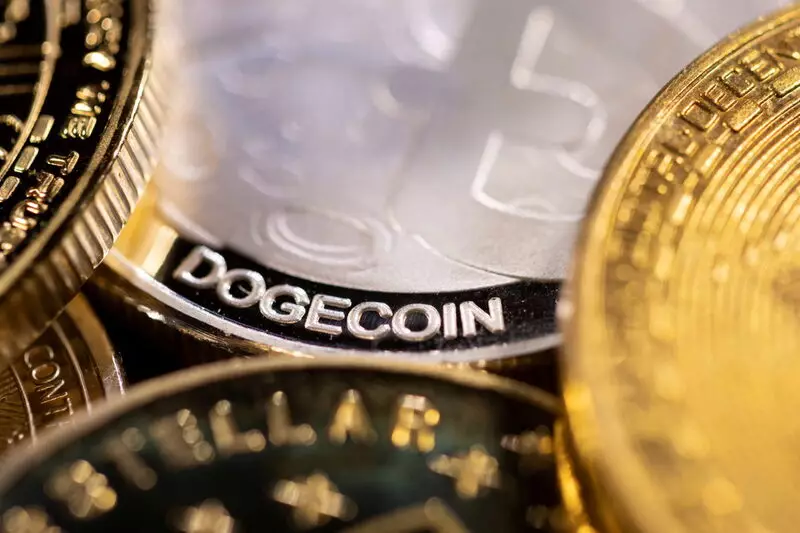The cryptocurrency market is notoriously volatile, influenced by various factors, not least the political climate. Recent events have sparked a significant surge in Bitcoin values, primarily attributed to the election of Donald Trump as the 2024 presidential candidate. Many analysts believe that under Trump’s potential presidency, the regulatory framework surrounding cryptocurrencies could become more favorable, offering the digital asset class an opportunity for legitimacy and growth. This optimistic sentiment is one of the principal reasons why Bitcoin has seen a remarkable increase in its value, with the cryptocurrency recently achieving its highest price points since its inception.
As of Tuesday, Bitcoin experienced a noteworthy climb, rising by 9.4% to approximately $88,313.1 amidst broader market trends that hinted at reduced risk appetite, particularly in traditional equity markets. Remarkably, Bitcoin managed to maintain its upward trajectory even as the U.S. dollar strengthened, an anomaly in financial markets where increasing dollar value typically exerts downward pressure on cryptocurrencies. Analysts attribute this resilience to growing investor optimism about the future of crypto under a Trump-led administration, who has publicly expressed support for digital currencies and is eyeing the establishment of a national Bitcoin reserve. Such measures, if realized, could attract immense institutional investment and further integrate cryptocurrencies into mainstream finance.
Bitcoin’s rise has not occurred in isolation. The altcoin market has mirrored these gains, with notable cryptocurrencies experiencing significant upticks. Dogecoin, for instance, surged nearly 42% to reach its highest value since May 2021, spurred by speculation regarding Elon Musk’s potential involvement in the Trump administration. This speculation exemplifies the oft-erratic nature of cryptocurrency valuations, where popularity and public figures significantly influence market dynamics. Additionally, Ethereum, the second largest cryptocurrency by market capitalization, witnessed a 4.4% increase, bringing it closer to its previous three-month high, indicating a healthy interest in alternative digital assets beyond Bitcoin.
The Institutional Shift Towards Cryptocurrency
The market has seen a dramatic shift with institutional players increasingly absorbing crypto assets. This transition is underscored by the reaction of investment giant Blackrock, which reported over $1 billion in inflows into its iShares Bitcoin Trust within a single day post-election. The comparison of this ETF’s success to traditional asset class ETFs, such as gold, signifies a palpable shift in investor sentiment towards viewing Bitcoin as not just a speculative asset, but a serious component of diversified investment portfolios. Institutional adoption is crucial for the long-term sustainability and legitimization of cryptocurrencies, suggesting that potential regulatory shifts under Trump might serve to catalyze this trend even further.
Market Anomalies: The Mt. Gox Factor
Despite Bitcoin’s upswing, the recent news surrounding the defunct Mt. Gox exchange presents a curious anomaly. As it mobilizes approximately $2.4 billion in Bitcoin to two wallets, market participants remain on edge, recognizing that large movements of tokens often precede selling or distribution activity. While the exchange has extended the timeline for its repayment to creditors until late 2025, the looming presence of such a significant reserve could counterbalance bullish market sentiments and inject uncertainty back into investor psychology. However, market reactions to this development have been muted, indicating a more robust appetite for Bitcoin compared to earlier this year.
The current Bitcoin rally cannot be solely attributed to a singular event or condition; rather, it is a confluence of political optimism, institutional interest, and the broader developments within the crypto space. As regulatory frameworks shift and the market expands, the crypto landscape is poised for unprecedented changes. Investors and enthusiasts alike will undoubtedly be watching as events unfold, eager to see how this new chapter in cryptocurrency regulation and valuation plays out. The question remains—will bitcoin solidify its status as a stable asset or continue to reflect the volatility synonymous with its history? Only time will tell.

